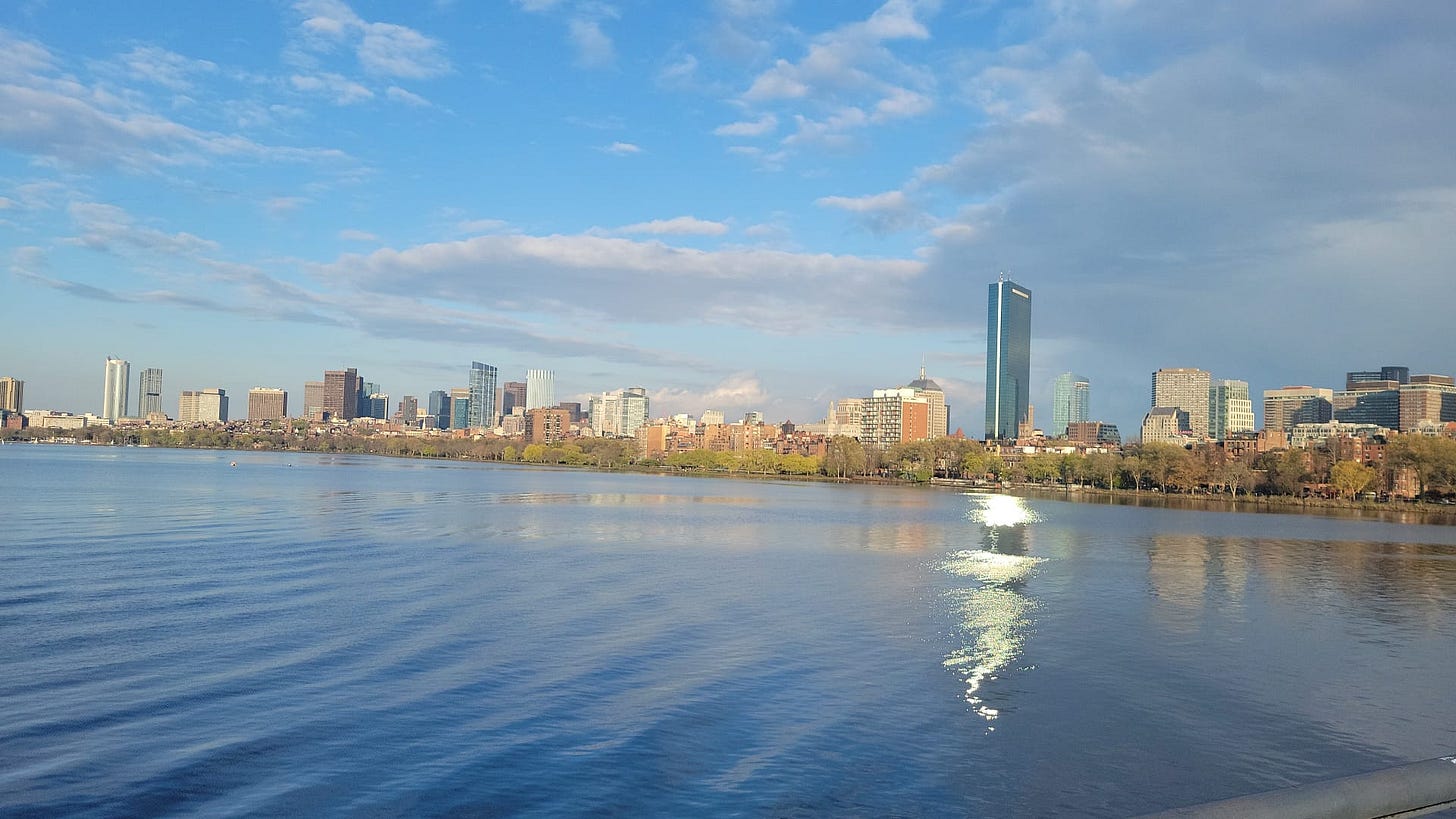Road Tripping (and Falling) To Olympus
Morning Thoughts #43
Religious feeling grows in inverse proportion to our feeling of control. When something is out of our hands, we are more likely to clasp our empty hands together in prayer. A chronic skeptic might posit that humanity always has the following choice to make: the illusion of religion or the illusion of human control. However, I propose an updated version of Pascal’s Wager: it is better to religiously accept some degree of human powerlessness than to make a futile goal of absolute human control.
Technological advancement is a planned road trip to Mount Olympus that cannot begin until an initiation process (with much attendant hazing!) is completed. We must learn the sacred scientific rites, we assure ourselves, to become full members of this great secret society whose members pull the strings of the entire universe! With our sights set on the Freemasonry of the Gods, we perform every required song and dance (perhaps to the backbeat of a distant nuclear explosion), only to ultimately have our membership rejected again and again, and then to be flung back to face our own mortality. The refusal to accept limits on our potential for control (a position virtually synonymous with the complete rejection of religious thinking) drives an ideal of never-ending progress and advancement, which, though it may do some good things while on its way, possesses an absolutism so complete that it will refuse to brake even when approaching a horizon of impassable cliffs.
Irreligious ages (such as the one we are currently living through here in the West!) necessarily possess an enhanced illusion of control, or at the very least, the technological means to simulate it momentarily or enough to distract us with so that we may forget the spiritual necessities we lack. Today, even the most frivolous entertainment functions as a replacement for authentic religious experience. Oh, consumer society! When we have so many choices on what to buy (and oh how many unique brands), we confuse this for the greater power of existential control itself. Secular authorities only increase their power the more frivolous they make our lives. So long as we feel in control, we tend to heartily accept what controls us. And when questions do arise, pharmaceutical authorities are tasked more and more with running cover for the regime. Antidepressants, too, can lessen the religious need. The pews are emptied as the prescriptions are filled!
Friends, do not misunderstand me; I am not attempting to proselytize here! When I say "religion," I use it as a general term to describe what is beyond humanity's ability to understand or control. My premise is that it is possible to rationally conclude that humanity will never be fully in control of its ultimate fate and will never arrive at near-omniscient knowledge of the universe's meaning. Furthermore, I believe that the attempt to fight this futility through technological and scientific advancement, with the goal of absolute control, will cause more harm than good. If this premise is accepted, I argue that it is better to pray for control than to fight for it!
And by prayer, I mean many, many things! A great work of art can be a form of prayer, as can family traditions lovingly carried out year after year, as can so many other things that bring meaning to our lives through a kind of relative control that consciously or unconsciously understands its limits. Individually speaking (as opposed to societally), there are certainly times we feel more in control of our own life, and the demand for prayer will probably lessen. But these are exceptional phases, and generally a result of solitary independence. When we invite the greater world into our lives (and, as a result of this, the possibility of greater good and meaning) we necessarily give up some degree of control over ourselves and our individual fate. To an extent, working to regain this control can yield extremely beneficial results in our lives (I am certainly not advocating for passive acceptance!), but if overdone to extremes it can lead to fruitless stresses and a never-ending road trip where Olympus is always around the next bend.

